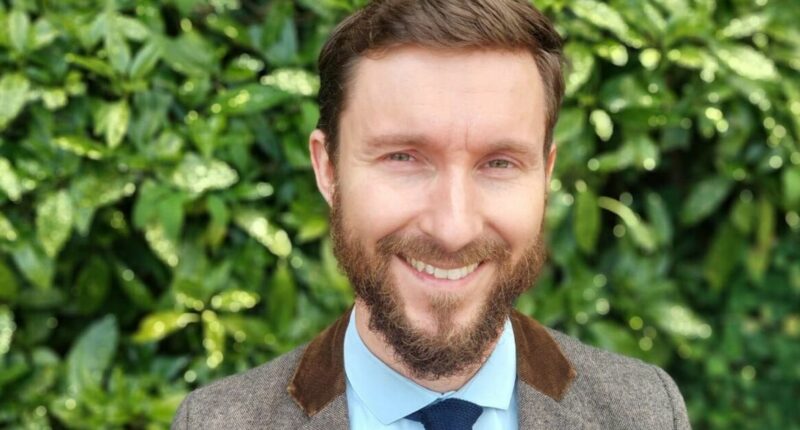Share this @internewscast.com
Consider the fear, panic, and uncertainty of an adult receiving a diagnosis of cancer or being told they need a stem cell transplant. Now imagine the same news being delivered to a six-year-old boy, or a nine-year-old girl. These children should be prioritised in considering the impact on their psychological and emotional wellbeing.
If they were my child, I would want them to have access to someone to support them through their journey, to help them through anxiety, anger, uncertainty, and guilt. I would ask you, if this was your child, grandchild, or family member – wouldn’t you want them to have this opportunity too? To have a friendly, warm support through each step of the journey, to ask: “How are you feeling?”
For many young people, a diagnosis of cancer can be incredibly challenging. Lives are disrupted. Schooling, friendships, and important developmental milestones that healthy children take for granted can be lost or disturbed.
Hospitals can be intimidating places for young people: Full of adults using complicated language, scary needles, pain, and the very real risk of psychological trauma.
There can be hope of a curative treatment for some young people with cancers like leukaemia – a stem cell transplant.
But whilst a stem cell transplant can be a beacon of hope, there are costs linked with this salvation. The journey of a stem cell transplant is extensive and tough. A transplant comes with difficult side effects such as pronounced fatigue, loss of appetite, hair loss, and nausea.
Experiences of anxiety and sadness are common, along with potential psychological trauma from overwhelming and painful procedures or experiences.
Children and young people are isolated for almost a year during a transplant. They lose touch with friends, miss a significant period of their education, and disconnect from the world during important years in their growth and development.
Stem cell charity Anthony Nolan is calling for a clinical psychologist to be embedded in every UK transplant centre to help patients navigate these severe emotional challenges.
There is an unavoidable impact on the family system; so psychological support should also be extended beyond the patient.
Parents and carers who have become accustomed to healing, caring, and fixing things for their children suddenly must place their faith in a medical team to care for their child.
They watch through the course of a transplant as their child stops eating, loses their hair, and experiences considerable pain and sickness.
Then, when they get home, parents and carers need to adjust to functioning not only as an exhausted parent, but also as a nurse organising medication and providing emotional support.
Siblings are caught in the maelstrom of appointments and hospital visits, pulled along through a busy and relentless journey.
In my experience as an Anthony Nolan funded clinical psychologist working in a stem cell transplant service, my oversight needs to stretch to meet the needs of the family system, just as much as young people.
I have found that what young people and families appreciate and need the most is a consistent presence through the whole stem cell transplant journey.
As a psychologist, I represent the human parts of this journey. The best approach is to connect to families, to ask the questions of how they are feeling, and importantly to offer space to parents, carers, and siblings when they are caught up in the anxiety and worry that accompanies a stem cell transplant.
My approach is very flexible to meet the radically different needs of children and young people between the ages of four to 18.
With a five-year-old child, I may build Lego models with them or arrange “emotion characters” around to represent how they feel.
Whilst with an 18-year-old I may be reflecting with them about the blows to their dignity or their loss of self during their medical journey.
Rigidity absolutely does not work. In my role I have learnt very quickly to be flexible and accommodating.
Children and young people are faced with a wave of treatment from a broad array of professionals. I have learnt to try and fit around medical appointments and be creative in my ways of engaging families – telephone, video calls, letters – I meet families where they are at.
Providing space for both the patient and their families is crucial. Research suggests that psychological input enhances family resilience and mitigates mental health complications, and that earlier access to this support predicts lower costs associated with the transplant.
Families are probably going through the hardest experience of their lives. They need end-to-end psychological support that is guaranteed no matter where they live or who they are.
This is why I’m supporting the Daily Express’s Cancer Care campaign, which is calling for all cancer patients to get mental health support both during and after treatment.















